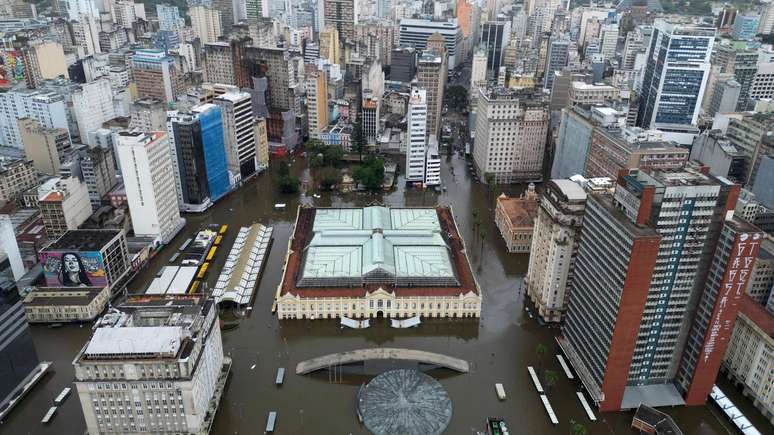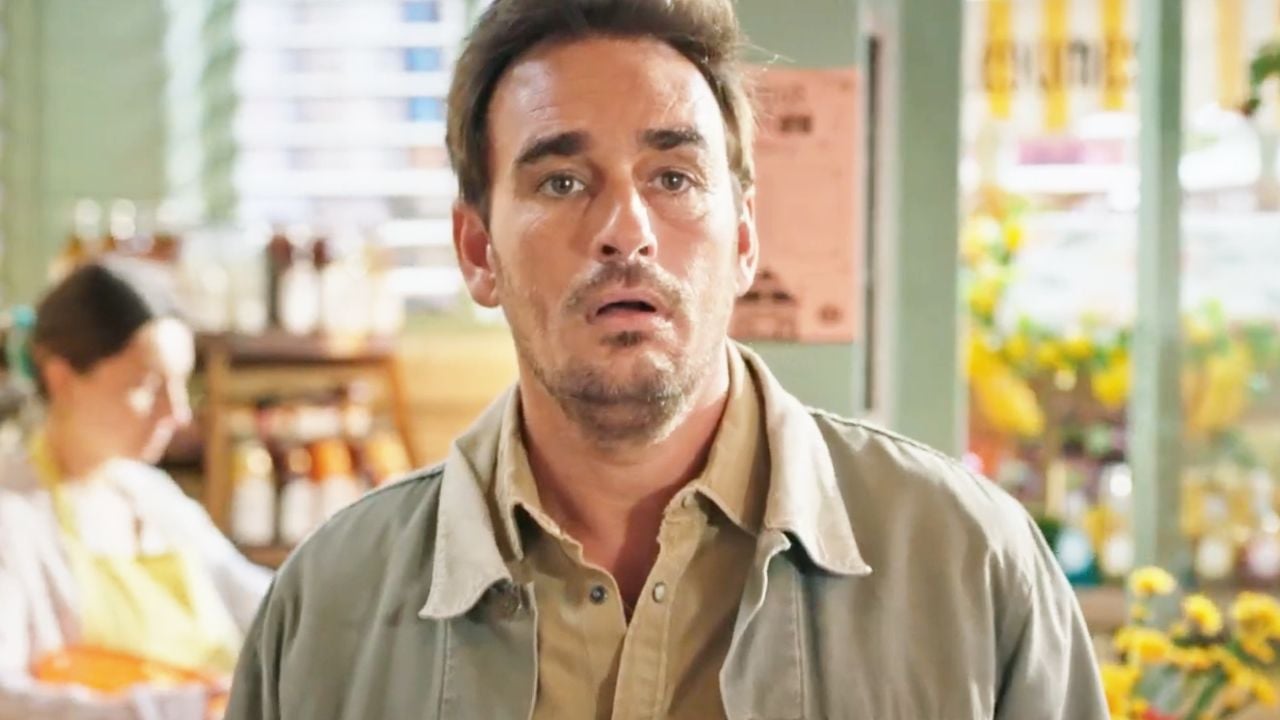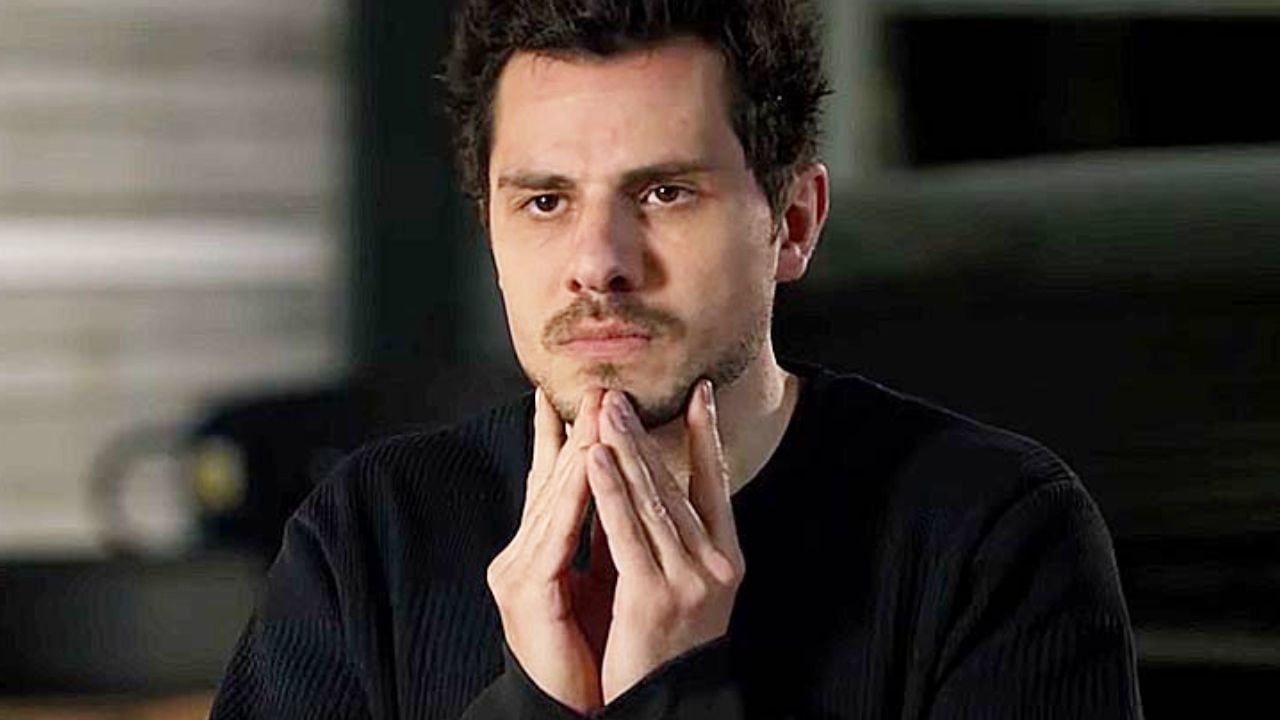The departure is temporary and motivated by the closure of Porto Alegre airport. Authorities are giving priority to organ procurement within the state.
The floods that hit Rio Grande do Sul in the last three weeks have temporarily excluded Rio Grande do Sul from the network of sending and receiving organs and tissues for transplants. The reason given was the closure of the Salgado Filho international airport, in Porto Alegre.
It used to be the main point of arrival and departure of organs destined for transplants in the state, but has been closed since May 3.
The information was confirmed by the Rio Grande do Sul Department of Health to BBC News Brasil. The state currently has 2,700 people on the waiting list for a transplant.
“The offers of the National Transplant Center have been suspended due to the lack of access to the Salgado Filho airport. We currently only have two runways for aircraft access in the municipalities of Caxias do Sul and Canoas”, reads the note sent.
When contacted, the Ministry of Health did not respond to questions raised by the BBC News Brasil report.
The floods are estimated to have caused the deaths of more than 150 people and affected 92% of Rio Grande do Sul’s municipalities. This is already considered the largest climate disaster in the history of Rio Grande do Sul and one of the largest in Brazil.
According to the head of the Hospital Regulation Division of the State of Rio Grande do Sul, Rogério Caruso, the temporary withdrawal of the State from the national transplant network could harm some of the patients waiting for the procedure.
“Unfortunately, this puts some people’s lives at risk. There are people waiting in line (for transplants), but they are not at immediate risk (of death). Others (patients) may be at immediate risk,” he said Caruso at BBC News Brasil.

The doctor explained to the journalist that the temporary withdrawal of Rio Grande do Sul from the national transplant network was a decision of the local government due to the closure of the Salgado Filho international airport.
“We informed that while the airport was not functioning, we would not be able to receive (organs). Unless there was an offer of a flight from the Brazilian Air Force (FAB),” Caruso told BBC News Brazil.
“As soon as we can do that, we can resume,” he said.
Normally, interstate transportation of organs and tissues is carried out on commercial flights through a signed agreement between the federal government and airlines.
When there are no commercial flights that respond to the specificity of the transplant, it is possible that the organ is transported on specific FAB flights.
Vocation of ‘receiver’ in check
The data made available by the Ministry of Health on the internet indicates that Rio Grande do Sul is the fifth state that performed the most transplants in 2023 in the whole of Brazil: 733 operations were carried out.
The state that leads the ranking is Sao Paulo, with 2,955.
Rogério Caruso explained that the temporary exit of Rio Grande do Sul from this organ donation network of other states should affect patients from Rio Grande do Sul, especially since the state would be one of the largest recipients of organs in Brazil.
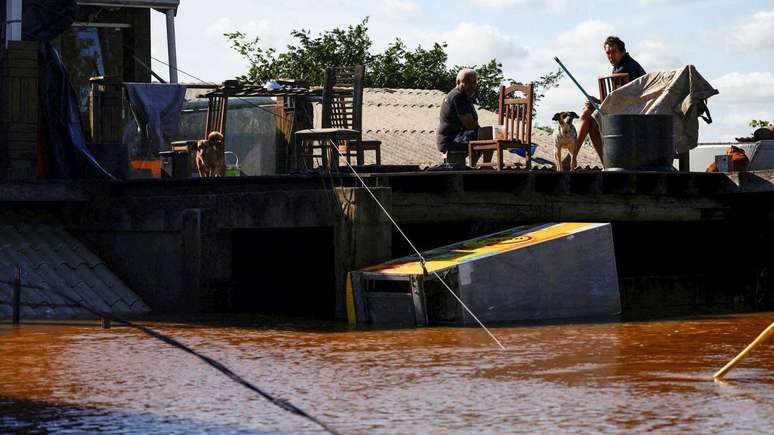
“Rio Grande do Sul receives many offers from other states because we have teams that perform almost all types of transplants possible. If an organ appears in a northeastern state, but there is no team there capable of performing the surgery , this organ is offered to those who can do it, we receive many of them”, explained Caruso.
Neither Caruso nor the Rio Grande do Sul Health Directorate, through its press office, were able to inform how many transplants were not carried out during the flood period.
The worsening of the floods initially affected both transplants that would have been carried out with organs coming from outside the state, and those that could have been carried out with organs obtained in Rio Grande do Sul.
The floods have affected the functioning of hospitals across the state and led to the blocking of several highways across the state.
For this reason, the government has decided to temporarily suspend the procurement of organs available for transplantation within the state.
A note published by the Rio Grande do Sul Department of Health recalls that, since the beginning of the floods, 30 corneal transplants have been carried out, but all from organs already available in the state’s stocks.
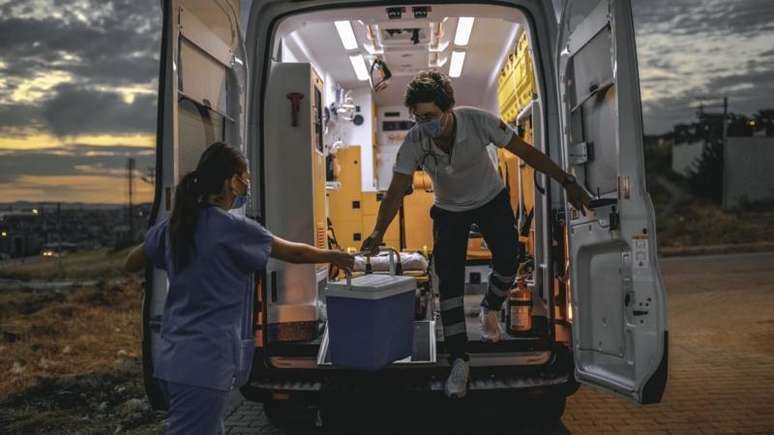
On Wednesday (15/05), the state government cleared the resumption of procurement of organs for transplantation within the state.
“With the help of the national air network, helicopters have been made available which facilitate the transport not only of organs and tissues, but also of patients who need access to other locations in the state” reads the note sent by the Department of Health from Rio Grande do Sul Sud to BBC News Brasil.
Caruso said that, at this time, local officials are not considering transferring patients in need of transplants to other locations where they could receive an organ if offered.
How the transplant system works in Brazil
The regulation of organs and tissues available for transplantation in Brazil is carried out by the National Transplant System, of which the National Transplant Center is part.
Using a computerized system, the system cross-references information about available organs and tissues with state lists of people who need some type of transplant.
In general, these processes take a few hours. In cases of greater urgency, helicopters or planes are used.
In these cases there is collaboration with the Air Force or with private airlines that have an agreement with the government to transport teams and bodies free of charge on commercial flights.
A heart can take up to four hours to transplant after removal from the donor’s body. In contrast, a lung or liver can wait up to six hours.
Data updated by the Ministry of Health indicates that 43 thousand people are queuing for transplants across Brazil.
Source: Terra
Ben Stock is a lifestyle journalist and author at Gossipify. He writes about topics such as health, wellness, travel, food and home decor. He provides practical advice and inspiration to improve well-being, keeps readers up to date with latest lifestyle news and trends, known for his engaging writing style, in-depth analysis and unique perspectives.

